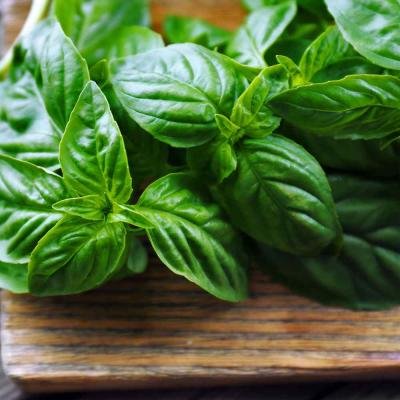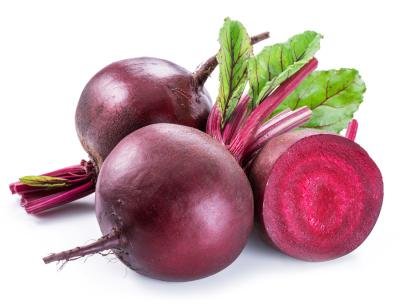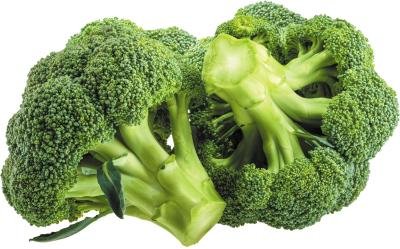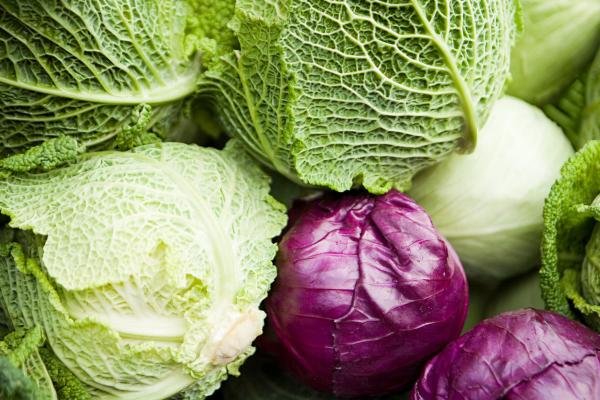Eggplant, known in some regions as aubergine, is a member of the nightshade family, which also includes tomatoes and peppers. It is easily recognizable by its glossy, purple skin and meaty interior. Eggplants come in various shapes, sizes, and colors, including purple, white, and striped varieties. The flesh of the eggplant is spongy and absorbs flavors well, making it a versatile ingredient in cooking.
Eggplant is used in a wide range of dishes around the world. It is a staple in Mediterranean, Middle Eastern, and Asian cuisines. In Italian cuisine, eggplant is a key ingredient in dishes like eggplant Parmesan and caponata. In Middle Eastern cooking, it is often found in baba ganoush and moussaka. Asian recipes may include eggplant in stir-fries, curries, and as a component in spicy Sichuan dishes. Eggplant can be grilled, roasted, sautéed, baked, or stuffed, and it pairs well with a variety of herbs, spices, and sauces.
Nutritional Benefits:
- Vitamins and Minerals: Contains vitamins such as B6 and K, as well as minerals like manganese, copper, and potassium.
- Dietary Fiber: Provides dietary fiber, which aids in digestion and promotes a feeling of fullness.
- Antioxidants: Rich in antioxidants, including nasunin, found in the skin, which helps protect cells from damage.
- Low in Calories: Naturally low in calories, making it a good choice for weight management.
Eggplant is a nutritious and adaptable vegetable that can be enjoyed in countless ways. Its ability to absorb flavors and complement a variety of ingredients makes it a favorite in both simple and complex dishes. Whether grilled, baked, or cooked into a stew, eggplant adds a unique texture and taste to meals.


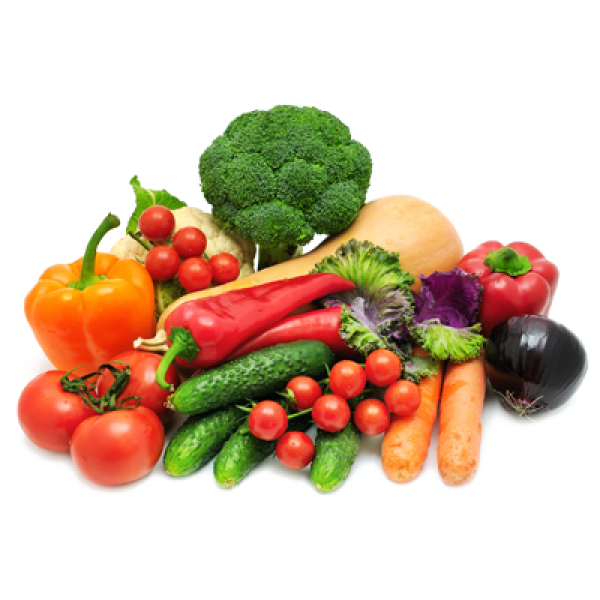



.jpg)
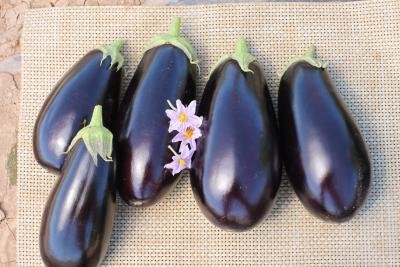



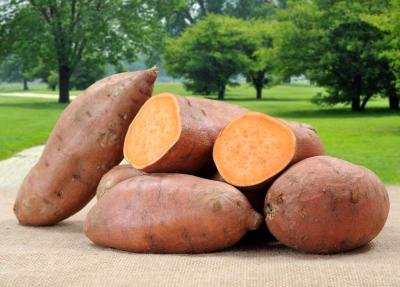
.jpg)




.jpg)
